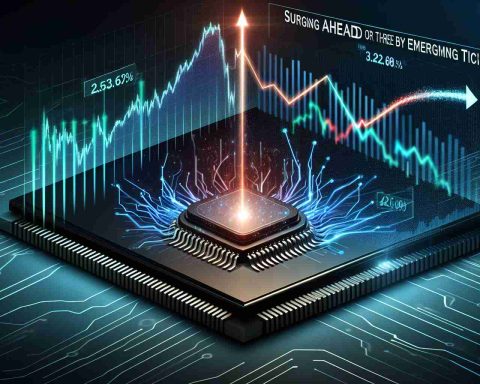The arrival of PT ten years ago marked a turning point for the horror game genre. Hideo Kojima and Guillermo del Toro’s playable teaser captured the attention of both indie developers and big-budget releases, inspiring a new wave of terrifying experiences. However, while PT is often praised as a masterpiece, its legacy is complicated by the lackluster execution of its ideas by other developers.
At the time, mainstream horror games were struggling. Resident Evil had become a parody of itself, and the Silent Hill series had abandoned its scares for action. PT emerged as a beacon of hope, offering a vision of the genre’s future. Its success lay in its ability to evoke vulnerability, immersing players in an L-shaped corridor with ever-changing surroundings. This repetitive gameplay cultivated a growing unease and showcased the potential for atmospheric horror.
Despite functioning as a standalone horror game, PT’s primary purpose was to introduce the doomed Silent Hills. However, its narrative fell short in terms of depth and meaning. The story revolved around a haunted house inhabited by a murderous family, lacking in human insight and resolution for the ghostly presence. The narrative left an unpleasant taste due to its depiction of domestic violence.
While PT is remembered as pure terror, it is difficult to envision extending its experience into a full-length game. The success of Frictional Games’ Amnesia: The Dark Descent in 2010 showed promise but eventually fell short of becoming the next Resident Evil. However, Amnesia: Rebirth, released in 2020, drew inspiration from PT’s concise approach and offered an evolution of its ideas.
Set in the Algerian desert, Rebirth revitalized the horror genre by crafting an immersive experience with pulse-pounding moments. The game’s narrative intricately weaved horror with humanity, following the journey of a pregnant woman, Tasi, searching for her companions after a plane crash. Tasi’s pregnancy became a gameplay element, requiring players to interact with her belly to reduce fear levels. This added depth and a philosophical exploration of survival and sacrifice.
While PT’s influence can still be felt today, it is worth considering Amnesia: Rebirth as a must-play game that takes the best ideas from PT and expands upon them. By blending meaningful storytelling with tight, authored scares, Rebirth demonstrates the potential for horror games to reach a broader audience. It offers a path to break free from PT’s loop and create a more impactful and thought-provoking horror experience.
Facts not mentioned in the article but relevant to the topic:
1. PT, which stands for “Playable Teaser,” was released in 2014 as a free demo for the canceled game Silent Hills.
2. Hideo Kojima, the creator of the critically acclaimed Metal Gear Solid series, teamed up with renowned film director Guillermo del Toro to develop PT.
3. PT is set in a single hallway of a haunted house and features a looping gameplay sequence that gradually becomes more intense and disturbing.
4. The game’s puzzles and hidden elements encouraged players to explore and solve mysteries, adding to the sense of unease and tension.
5. Following the cancellation of Silent Hills, PT was removed from the PlayStation Store in 2015, making it no longer available for download.
6. Despite its short length and limited gameplay, PT had a lasting impact on the horror game genre, inspiring numerous indie developers to create similar atmospheric and psychological horror experiences.
Important Questions and Answers:
Q: What was the significance of PT in the horror game genre?
A: PT marked a turning point by revitalizing the genre with its unique approach to horror, immersive gameplay, and atmospheric storytelling.
Q: How did PT influence other developers?
A: PT inspired many developers to create their own horror games that aimed to evoke similar feelings of vulnerability, tension, and fear.
Q: What challenges did Amnesia: Rebirth face in evolving PT’s ideas?
A: Amnesia: Rebirth had the challenge of expanding upon PT’s concise approach and making it work in a full-length game without losing its impact.
Advantages and Disadvantages:
Advantages:
1. PT’s impact on the horror genre inspired other developers to create innovative and terrifying experiences.
2. Amnesia: Rebirth successfully took the best ideas from PT and expanded upon them, offering an immersive and thought-provoking horror game.
Disadvantages:
1. PT’s cancellation and removal from the PlayStation Store limited its availability, preventing more players from experiencing its unique terror.
2. Some critics argue that PT’s narrative fell short in terms of depth and meaning, leaving room for improvement in its storytelling.
Suggested Related Links:
1. “Why PT Still Terrifies Me While Other Horror Games Fail” – Gamespot
2. “The history and legacy of PT, the scariest video game ever made” – Polygon
3. <a href="https://www.vg247.com/2020/10/13/amnesia-rebirth-evolution-pt/"Amnesia: Rebirth" is the answer to "PT's" dark master class" – VG247


















